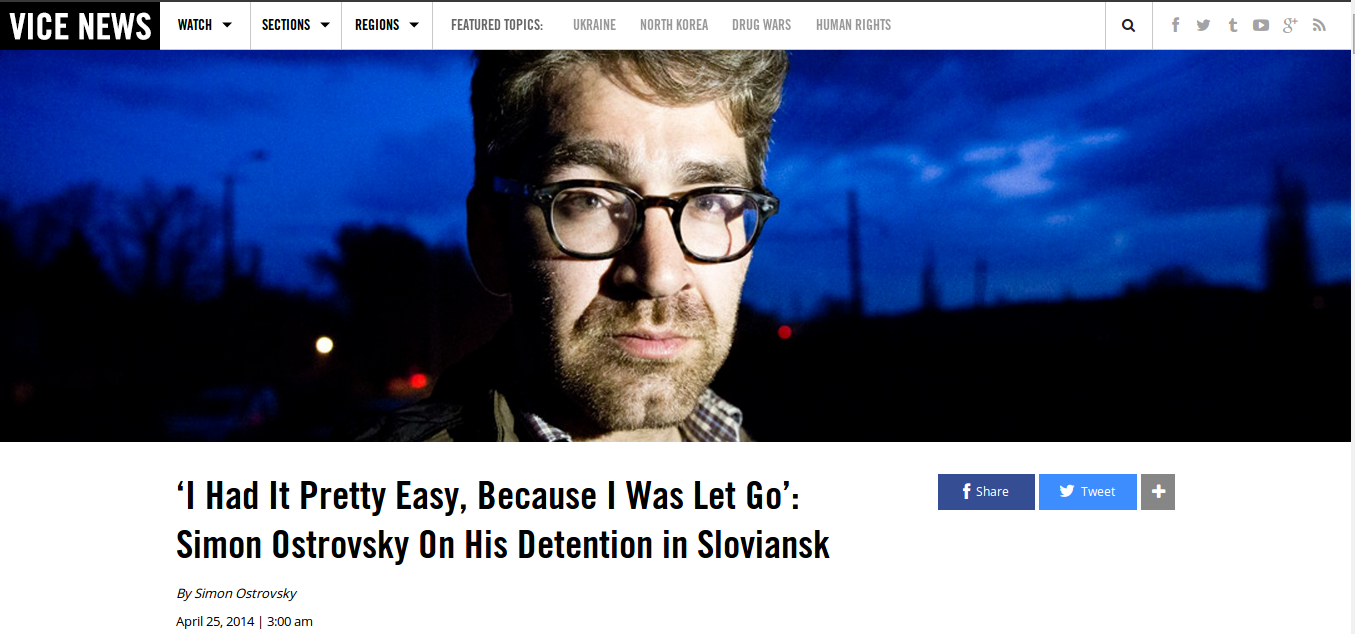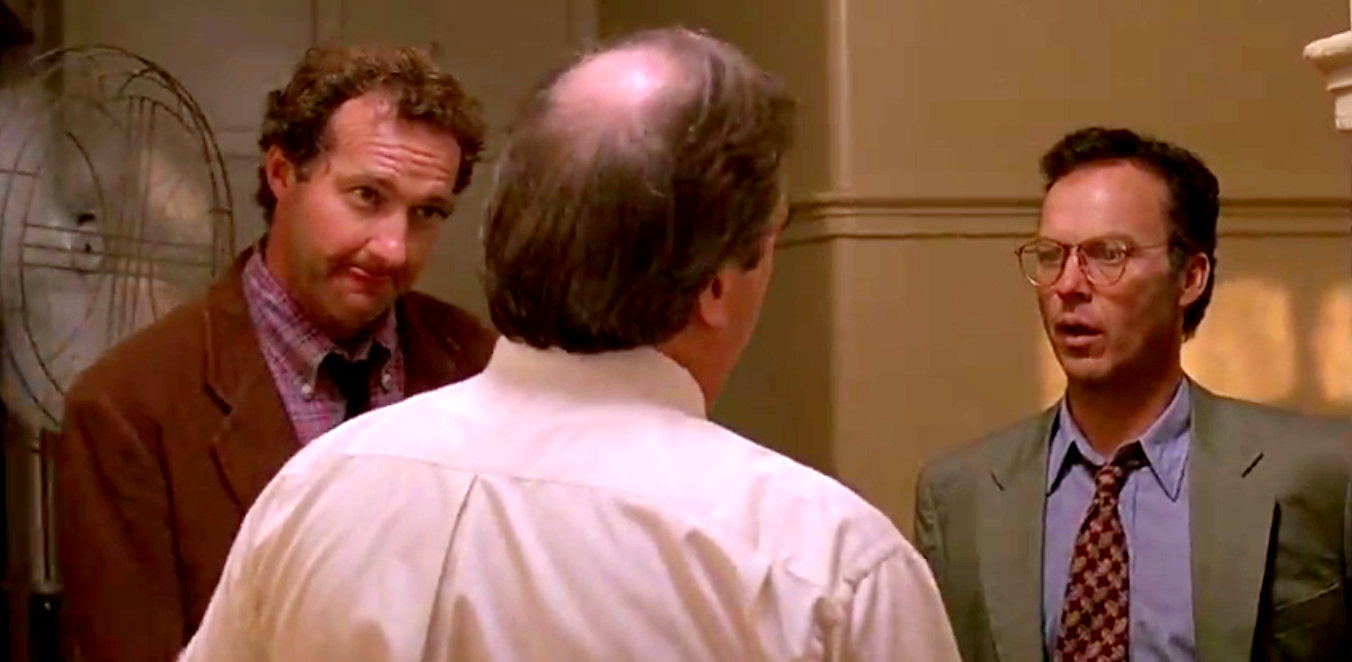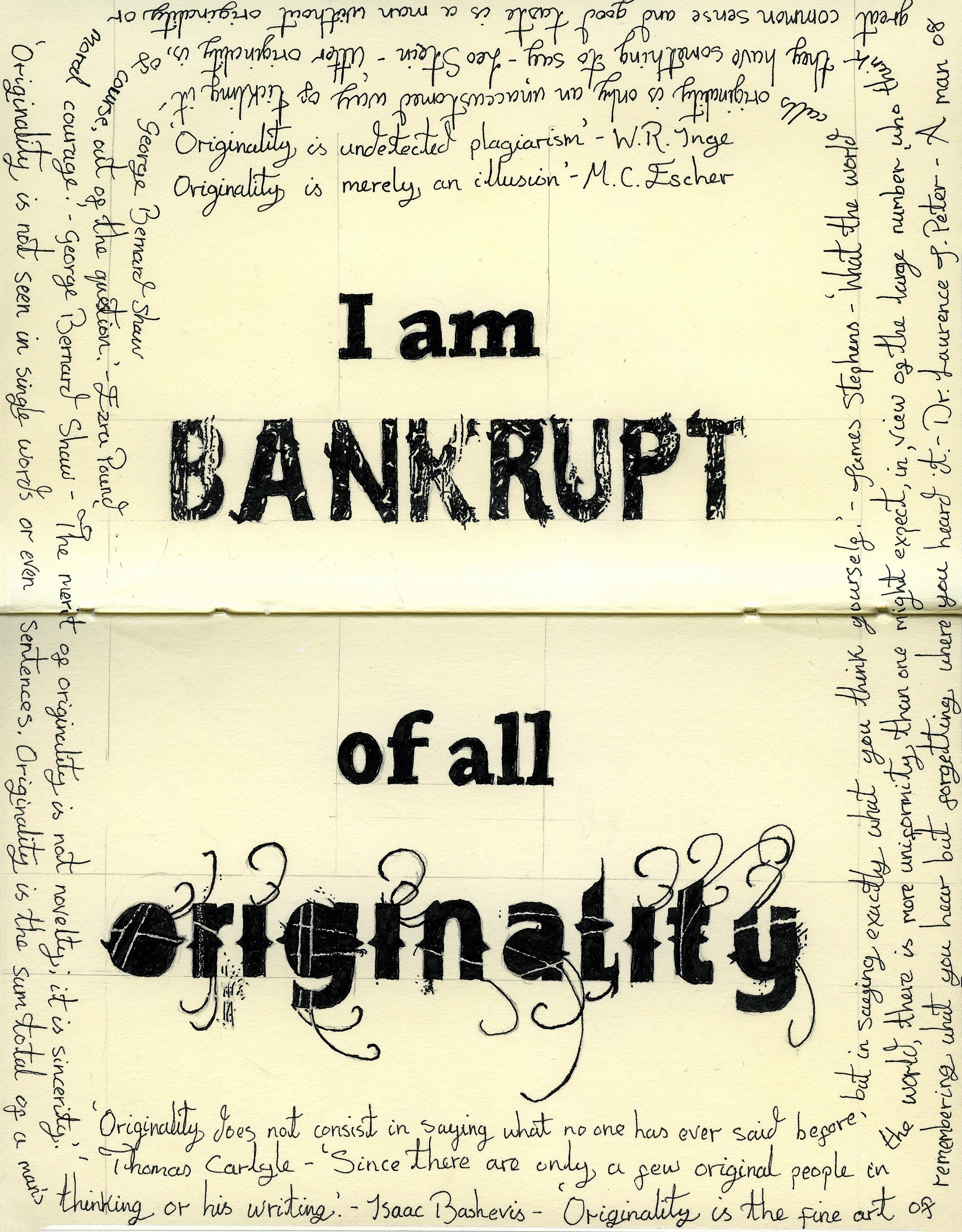I must express my surprise at all the journalist tributes today for Katie Cotton, who suddenly left Apple. One post offers little praise. Over at Valleywag, Sam Biddle calls her the “queen of evil PR“. To me, she is Apple’s wicked witch of public relations. Did someone drop a house on Cotton, because the departure seems so sudden?
Putting context around the praise, “what no one will admit is that we were all afraid of her”, Sam writes. “Even at the end of Cotton’s reign, journalists are still in such a state of terror and awe they don’t dare speak openly about her reign of silence and smokescreen”.







